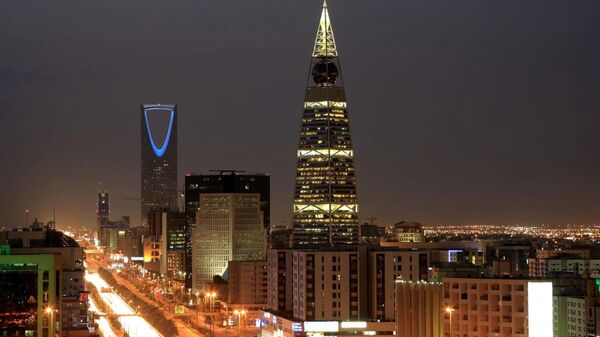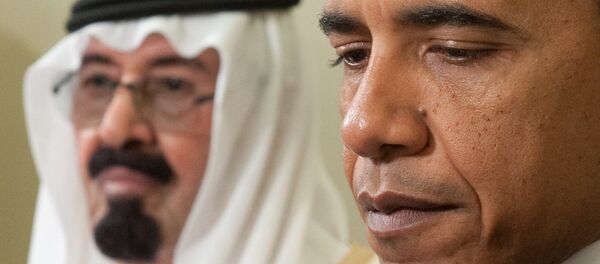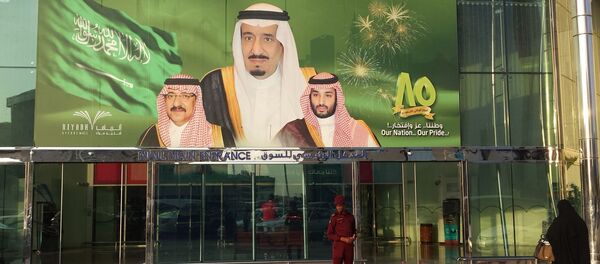Needless to say, the collapse of crude prices has had an adverse effect on Saudi Arabia that now wants to boost its non-oil revenues under a plan dubbed Vision 2030. The strategy, devised by Deputy Crown Prince Mohammed bin Salman, involves creating the world's largest sovereign wealth fund, partially privatizing state-owned oil giant Saudi Aramco and cutting welfare benefits.
"Even if he can check off all the items on his wish list, the deputy crown prince may not guarantee a prosperous future for his kingdom. By cutting subsidies and ceding some control over its oil industry, Saudi Arabia might surrender an asset rivaling oil in value: political order in a region engulfed in conflict," the analyst noted.
This strategy and King Salman's leadership in general have already caused a rift among princes, with some advocating a "regime change." But this is only half the problem.
"The risk from the country's elite is matched with risk from the general populace. Saudi Arabia has already started removing subsidies and cutting public spending. Although many of these expenditures are economic inefficiencies, they also form the basis of a payment-based social contract," Sagatom Saha noted.
Implications of this decision could be profound and far-reaching.
The welfare cuts, according to the expert, "portend unrest at best, and Arab Spring turmoil at worst." After all, the subsidies are what kept the oil kingdom peaceful and stable when Tunisia, Libya, Egypt and others were set on fire by popular uprising in 2011.
"There is a long, well-established history linking subsidy cuts to political instability. Neighboring Yemen and fellow oil producer Nigeria are recent examples country where of price hikes incited violence," the analyst observed.




